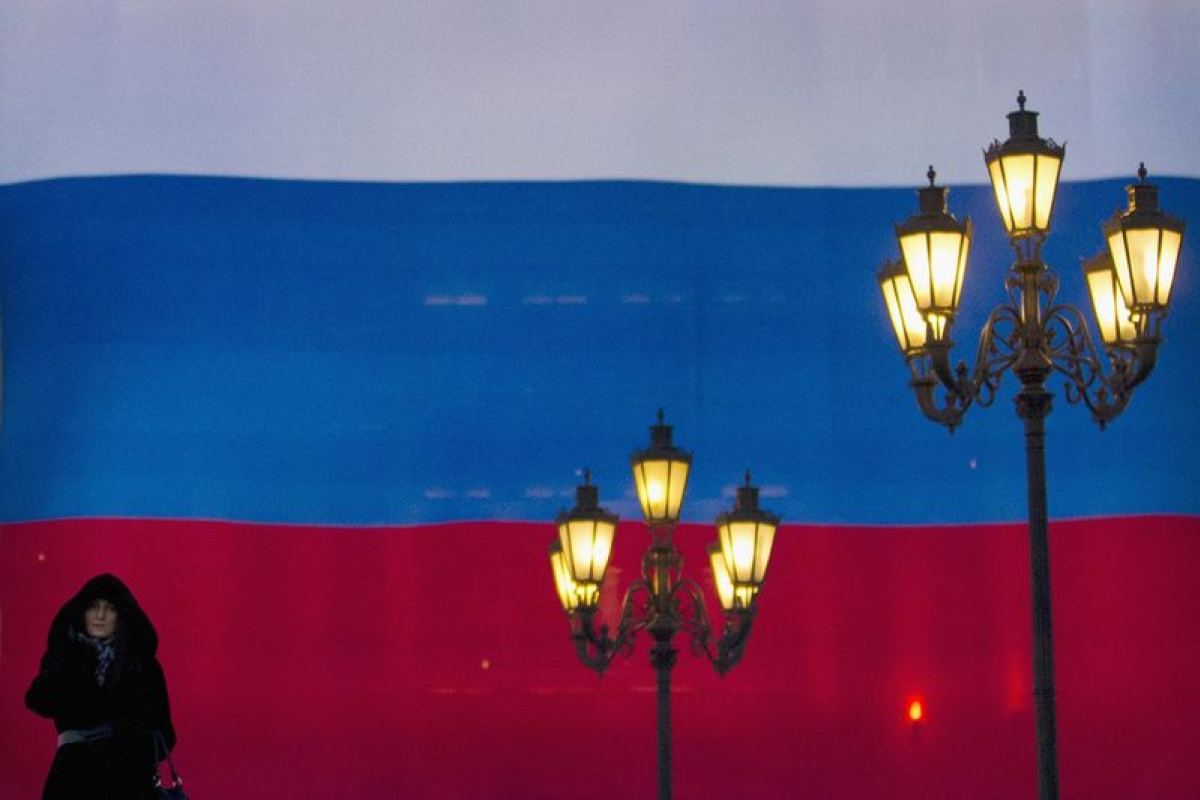The proposed series of discussions at the NATO-Russia Council could take place “in the near future,” the leader of the alliance said after talks with German Chancellor Olaf Scholz.
The aim is to “address our concerns, but also to talk about Russia’s concerns and try to find a way forward to prevent any military attack on Ukraine,” Stoltenberg said at a news conference in Berlin.
The US and European allies had talks with Russia in the NATO-Russia Council, which had not been convened since 2019, in Brussels on Wednesday.
Highlighting the differences between the two sides, Stoltenberg said on Wednesday that NATO allies were ready for further discussions, but the Russian side could not agree to the proposal to meet again.
Russian Foreign Minister Sergei Lavrov said on Tuesday that a Western response to Russia’s ideas on so-called security guarantees was expected before talks on Ukraine could resume.
Stoltenberg emphasized that the alliance was ready to listen to Russia, but did not intend to compromise on principles such as NATO’s ability to defend its allies.
“We have sent a very clear message to Russia – if they decide to use force against Ukraine again, the cost to Russia will be high – economic, financial and political sanctions. NATO allies are also providing support to Ukraine,” Scholz said.
As tensions remain high, “dialogue is even more important,” the NATO chief said, stressing that his side would “make every effort to find a political way forward”.
Russia has forced the West to sit down at a negotiating table, concentrating a troop of 100,000 men on Ukraine’s borders, raising fears of a new invasion of a neighboring country.
In December, Moscow issued an ultimatum to the West demanding a halt to NATO’s further expansion to the east and the dismantling of the Alliance’s infrastructure in the so-called new member states, restoring the status quo on 27 May 1997, before NATO’s first enlargement.
Russian President Vladimir Putin has threatened that if Moscow does not receive the “security guarantees” he has demanded, he will have to take “military technical measures”.
The United States and other NATO members have stated that these demands are unacceptable and not even negotiable, but have shown readiness to talk about arms control, missile deployment and confidence-building measures.




